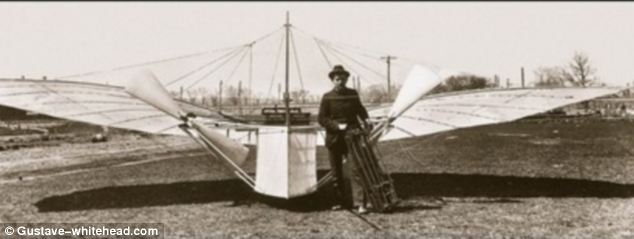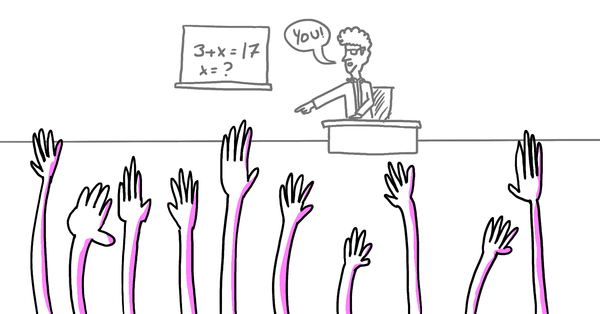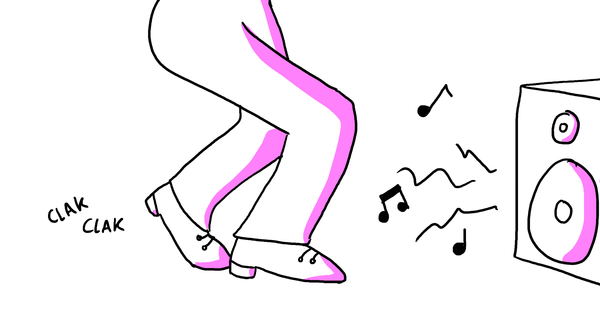Deliberate speculation as a learning mechanic
Inventing futures as a potential tool for understanding our reality

I wrote recently that I’m stepping away from redesigning school for the time being.
Defeated, I was biking back home when I started speculating about the future of the middle eastern world, my heritage. With all the hate directed to and from the Sham region, where would our broken internal politics and exaggerated external influence take us? With middle easterners constantly leaving the region in search of better work and educational opportunities for their children, what would happen in a few years time when there are, maybe, none left? What would be the future of right-to-left Arabic script if that were to happen?
These ideas started digging themselves into my brain, replaying over and over, combining and colliding into amazing fictional stories about what some 9th generation Arabs might be doing in a foreign land they will have been calling home for a few generations by then. What will they think of how we once were?
I shared these thoughts with some friends and classmates and, very quickly, a lot of excitement started bubbling up about the various ways in which we can speculate about and compare different story arcs.
From here, the wisdom and inspiration from the real world that good fiction frequently employs started becoming clearer. By highlighting and drawing from issues of the past and present, we are forced to think critically about them in order to create compelling speculations that others can relate to and engage in.
The analysis and critical thinking element that occurs when generating speculations is an extremely interesting mechanic in learning that I find is not used adequately these days.
For the most part, speculations are reserved for financial and political analysts to generate plans that help rich companies get richer, and that garner media attention which in turn generates mass amounts of fear, uncertainty, and doubt. Why these people continue to exist and do what they do is because speculations are so good at getting attention, you’d think that it would be natural to use it to engage people with material that’s actually worth learning.
Parallels with teaching
If we consider the power of teaching as a form of learning for the teacher, then some more immediate parallels of that mechanic can be seen within speculation as well.
Having students teach other has been a common tactic in engaging students with dense material, and is proven to be an extremely effective method of learning for both the one receiving the information and the one learning.
Creating your own fiction based on existing material immediately makes you the author of your own material and hence the best teacher of it. Imagine a classroom filled with students, each speculating about what would happen if Nikola Tesla won the electric war as opposed to Thomas Edison. Then after some story generation, they each presented their stories to each other. As conflicts and similarities arise students will have have to think critically about why, based on what they understood from the history, their fiction is more plausible. As the discussion goes on, fantastic fictions about Nikola Tesla and Thomas Edison may lead students into areas of discussion not previous anticipated, and this is where the teacher as a mediator could start to guide the ones that vocalized certain areas of interest into deeper exploration of the topics.

Just think about how in conversations, when someone posits a speculative statements such as “What do you think would have happened if Wright brothers didn’t fly?” how people on the table start to think about what the world would look like. Someone might bring forth a factoid about Gustave Whitehead actually being the first to fly, and history would have simply given credit to him and not much would have changed. Hell, even I didn’t know about this guy, I just wanted to see what typing in “Wright brothers didn’t fly” into Google!
By giving learners the ability to invent engaging material that they intrinsically want to prove as valid, rather than systematically crush their ideas with pedantic jargon and academic ideals, I think we can have students meaningfully engage with even the densest of topics.
This is what I will be working on going forward.
This is a progress update entry in my 7 week final thesis project at CIID. You can read all the other entries here.





